Several summers ago, on the 7,000-mile “Southern Route,” a group of Chabad yeshiva students visited the city of Pelotas, Brazil, planning to spend Shabbat at the city’s historic old synagogue. While there, they met an elderly man named Roberto, who introduced the students to two of his siblings — a brother and a sister, who were overjoyed to see them. The siblings had drifted from their Jewish roots as the local community dwindled, they said. The following day was the anniversary of their mother’s passing. The students accompanied them to the old Jewish cemetery, helping them recite prayers by her grave.
A year later, the students returned and were introduced to the siblings’ 92-year-old brother. When they offered him the chance to put on tefillin, he agreed. As he recited Shema, tears streamed down his face. He cried, “G-d, I’m sorry. I’m a Jew, I’m part of Your people. I had no chance to practice Judaism, so I joined the Church. Please accept me back!”
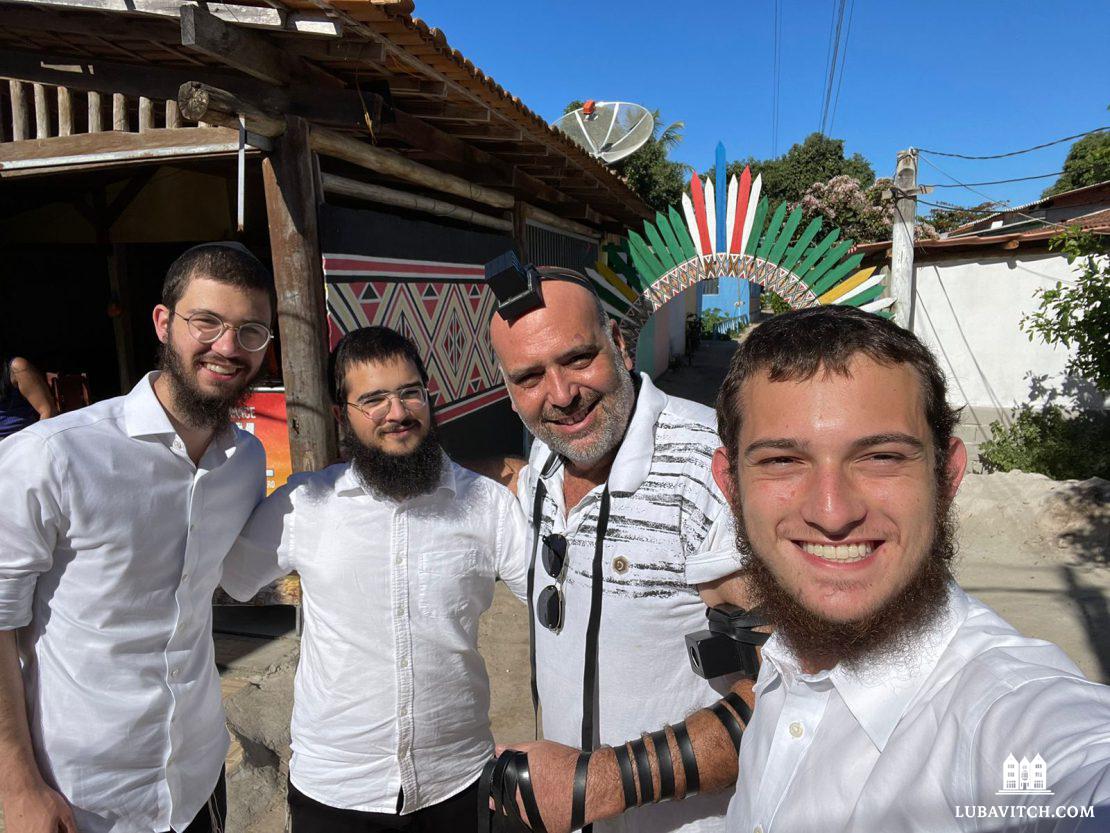
“There wasn’t a dry eye in the room,” shared Shaya Begun, one of the students who was there that day. He adds: “But occurrences like this one are not uncommon. With each visit, another Jewish spark is ignited.”
Each summer, several pickup trucks carrying a group of young rabbinical students embark on a long journey. Some travel through the heart of the Amazon rainforest; others along the sunny South American coasts. All of them are on a search for the hidden Jews of Brazil.
The pickup trucks are part of “Mitzvah Tank Brazil,” a unique Jewish outreach program in the fifth-largest country in the world. What began as a grassroots effort by a handful of rabbinical students has transformed into a highly organized operation that reaches Jewish people across the vast country.
In 1973, a group of Brazilian Chabad rabbinical students decided they were going to do something concrete to reach Jews in the furthest corners of their home country. That summer (Brazilian winter) they made their way across the country, meeting unaffiliated Jews scattered in villages and towns across the country’s lush jungles and expansive coastlines.
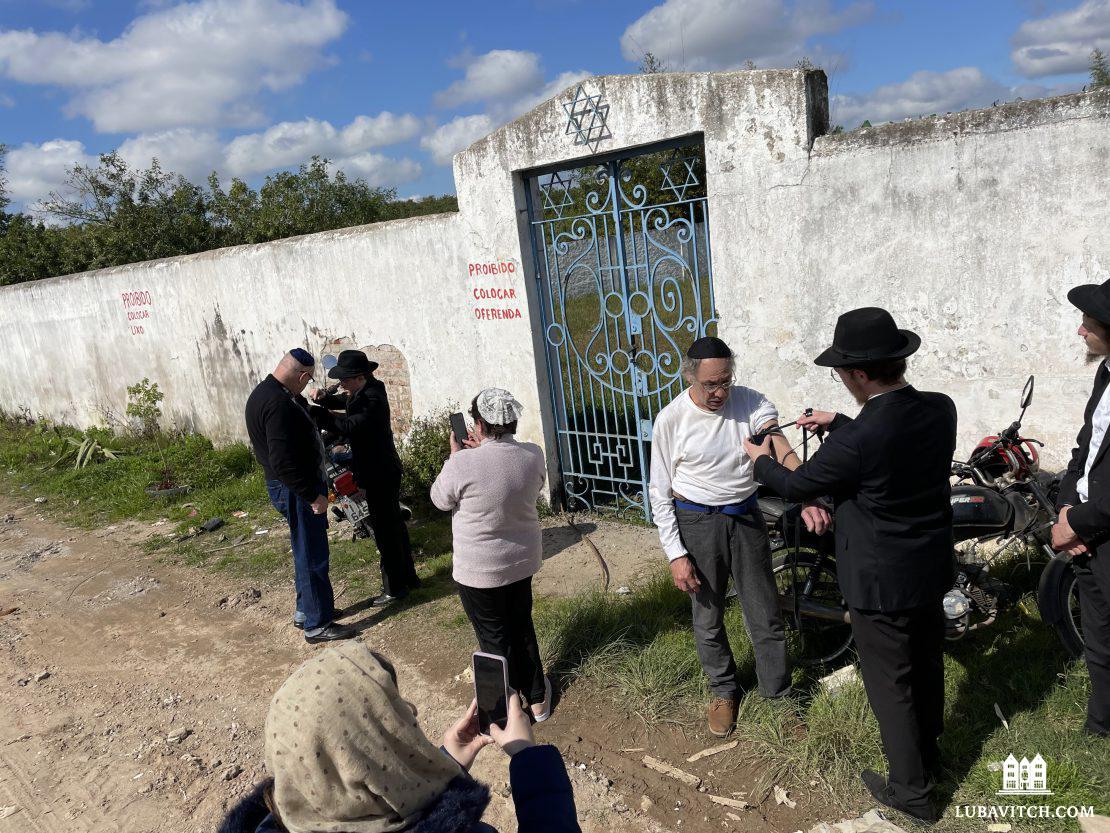
They repeated this trip over the next few subsequent summers each time meeting new faces.
In 2017, this project, now led by Shaya Begun, was expanded and formalized. That summer, a group of yeshiva students journeyed through the country, visiting 20 cities and towns. The program grew every year since, and in 2024, five groups of students covered over 120 cities, towns, and villages reaching 570 Jewish families. Equipped with tefillin, mezuzahs, and Shabbat candles, they are ready to connect with Jews wherever they may be.
“The [rabbinical] students are like the children I never had,” says Renato from Paraná. “The feelings of happiness and positivity that these visits bring to my home and city linger long after they leave.”
How do they locate Jews in the most remote corners of the country? Social media is a valuable tool. When the students arrive in an area, they make their presence known on local Facebook or WhatsApp groups and other platforms, inviting Jews to reach out and connect. News of their visits also spreads quickly by word of mouth.
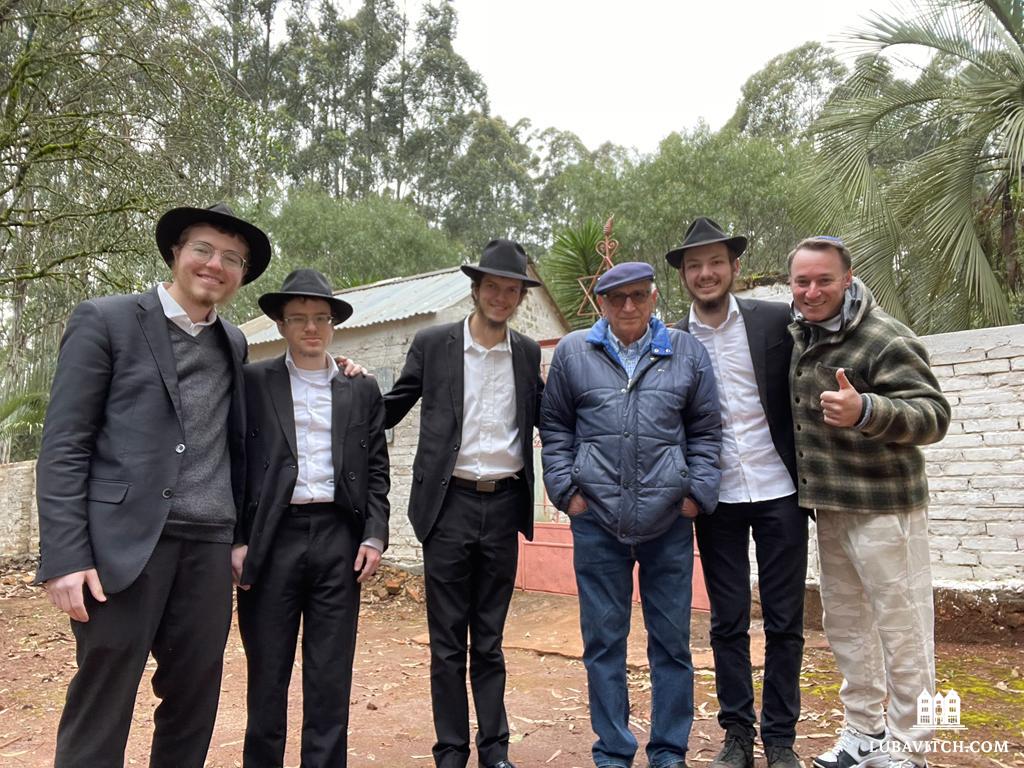
The students stay connected with their new friends year round, sending them holiday necessities that may be hard to come by in those areas, like the lulav and etrog for Sukkot and matzah for Passover. Many people also pursue Torah study sessions over the phone with the rabbinical students.
The stories of renewed connection and spiritual growth could fill a book. “I had always thought Judaism only consisted of the Chumash and the Siddur,” says Fabio from Rio Grande do Sul. “When the students came, I realized how much more there was for me to learn and gain. Today, I put on Tefillin daily, attend Torah classes, and have a completely kosher kitchen.”
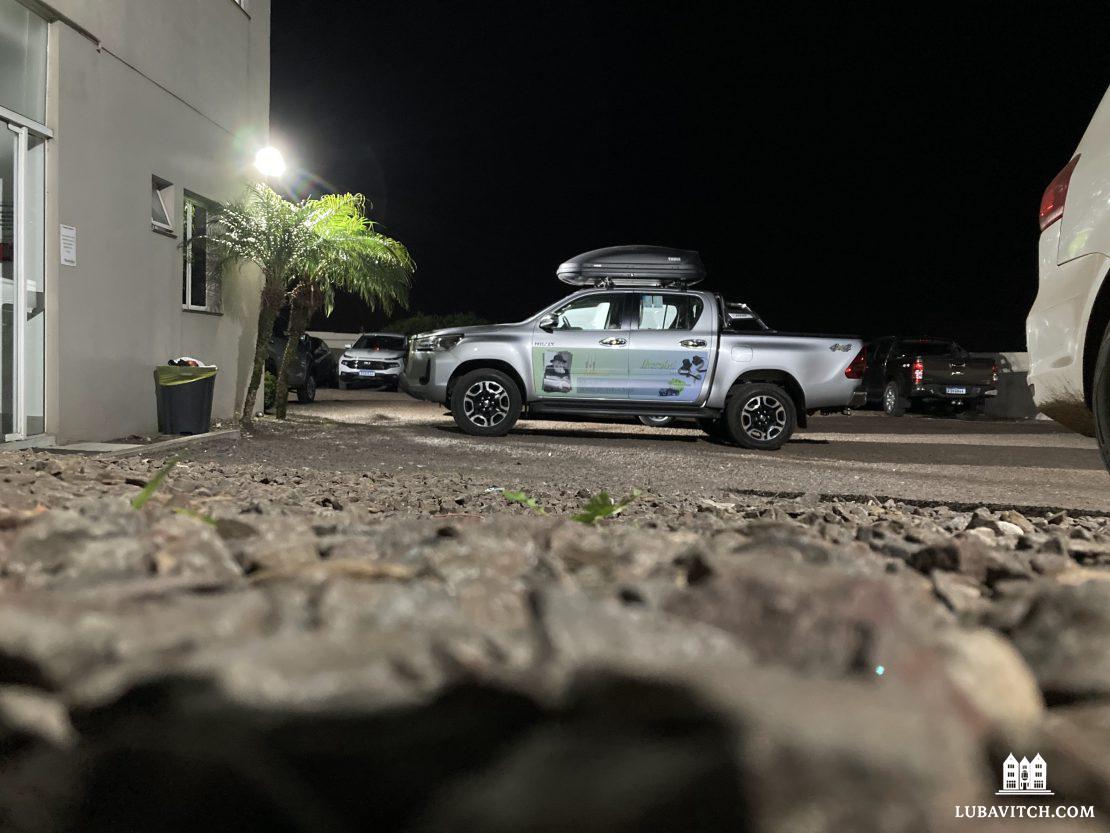
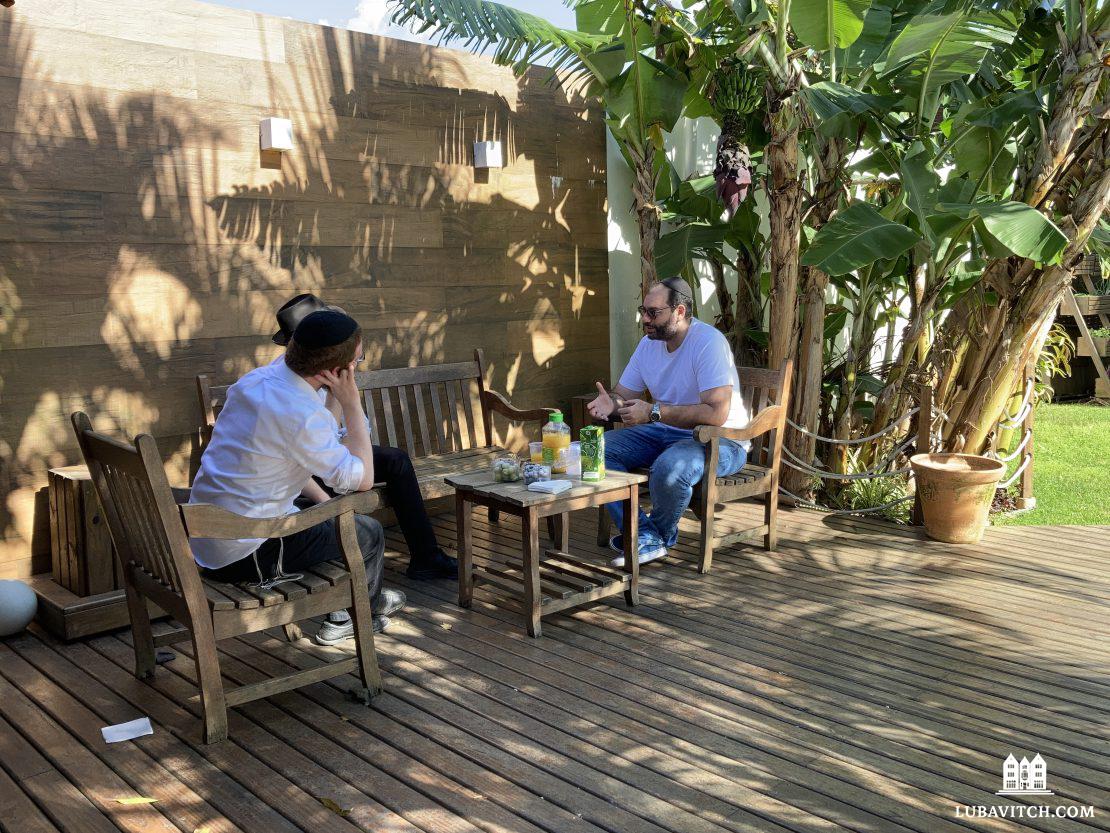
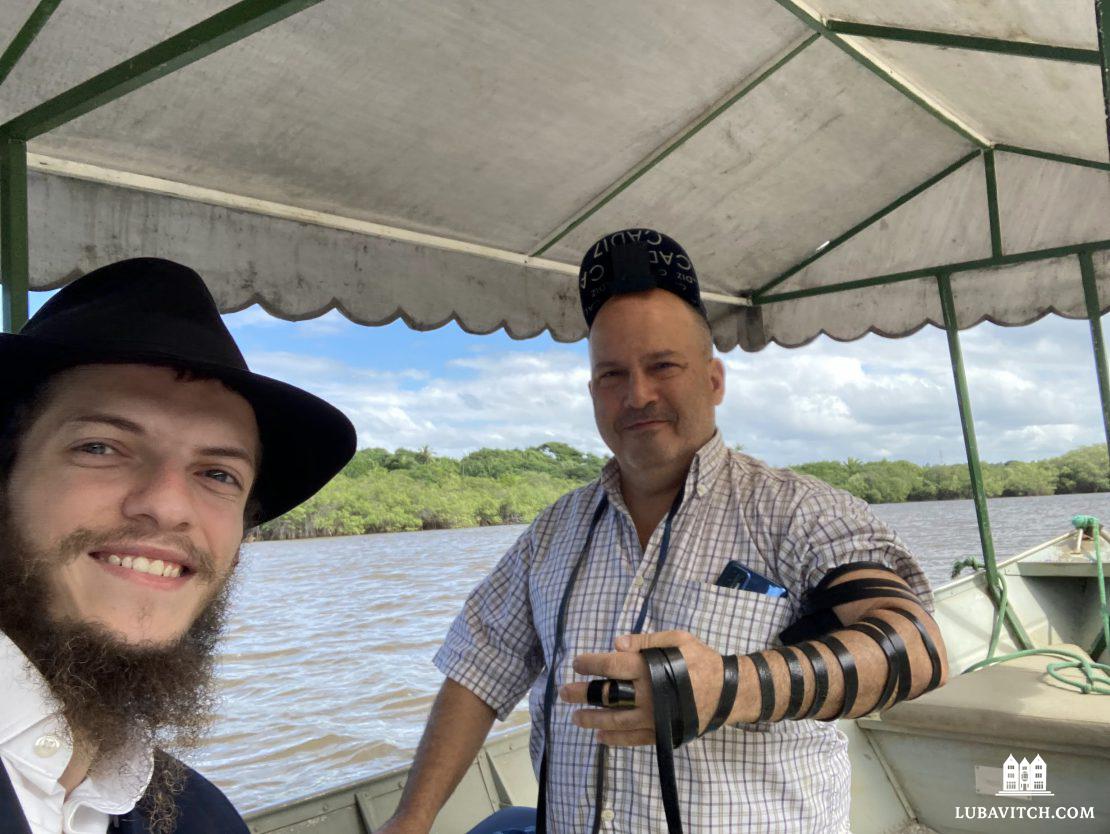
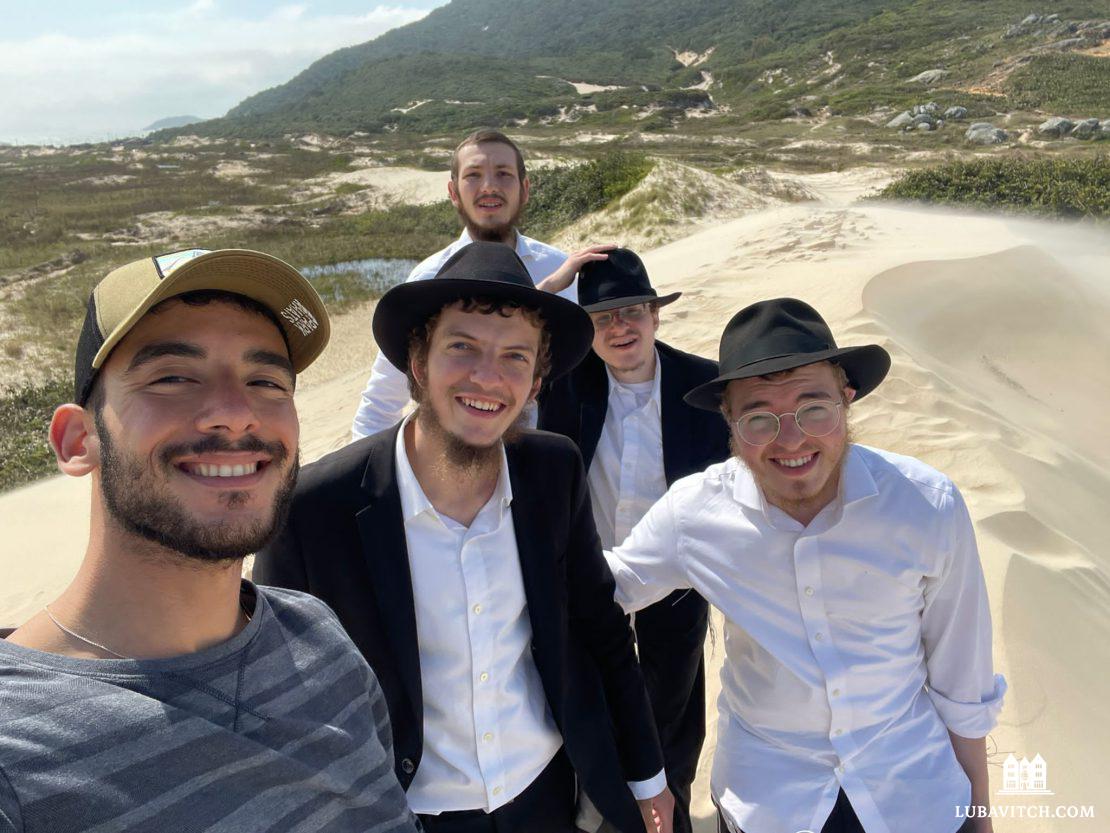

Jonas
Wow incredible the work they do, finding us in the smallest places on earth
Rosalie
Beautiful story! Thanks for the outreach work.